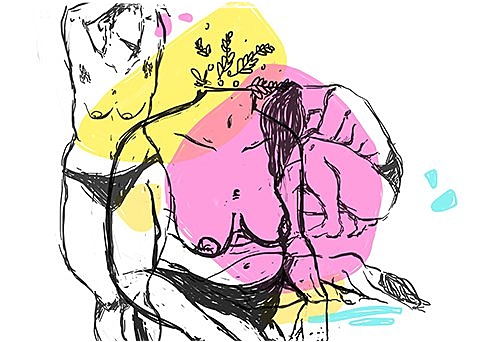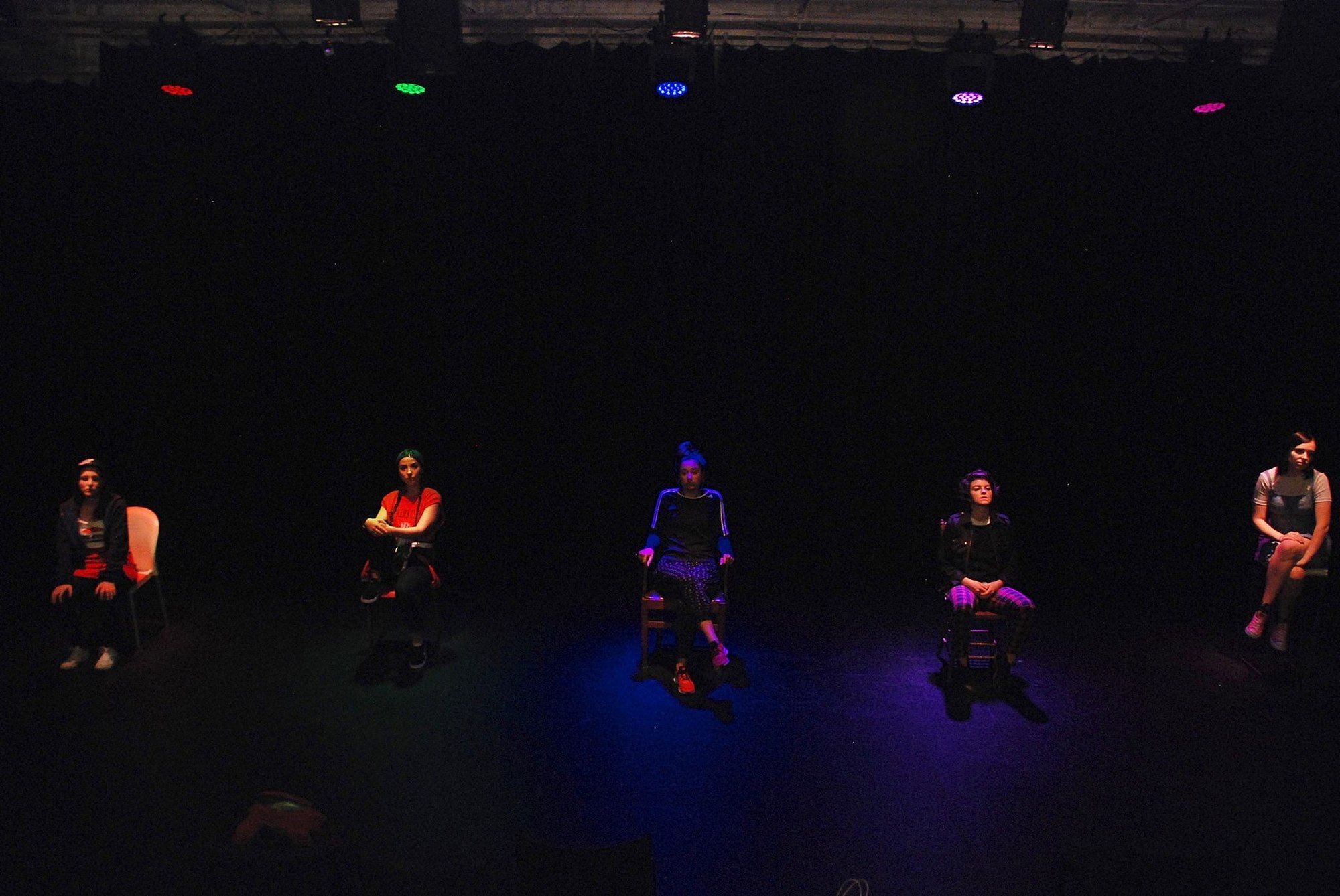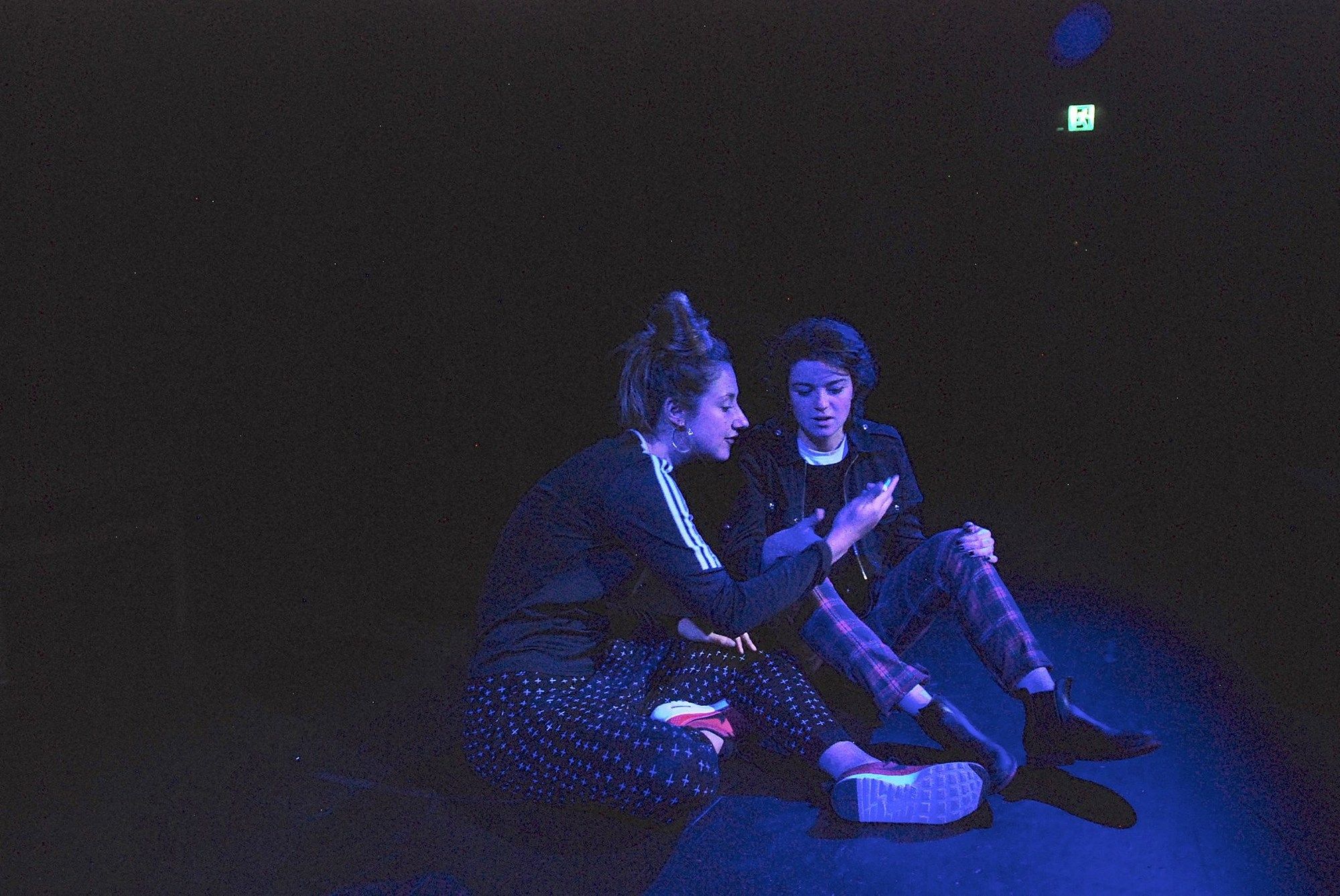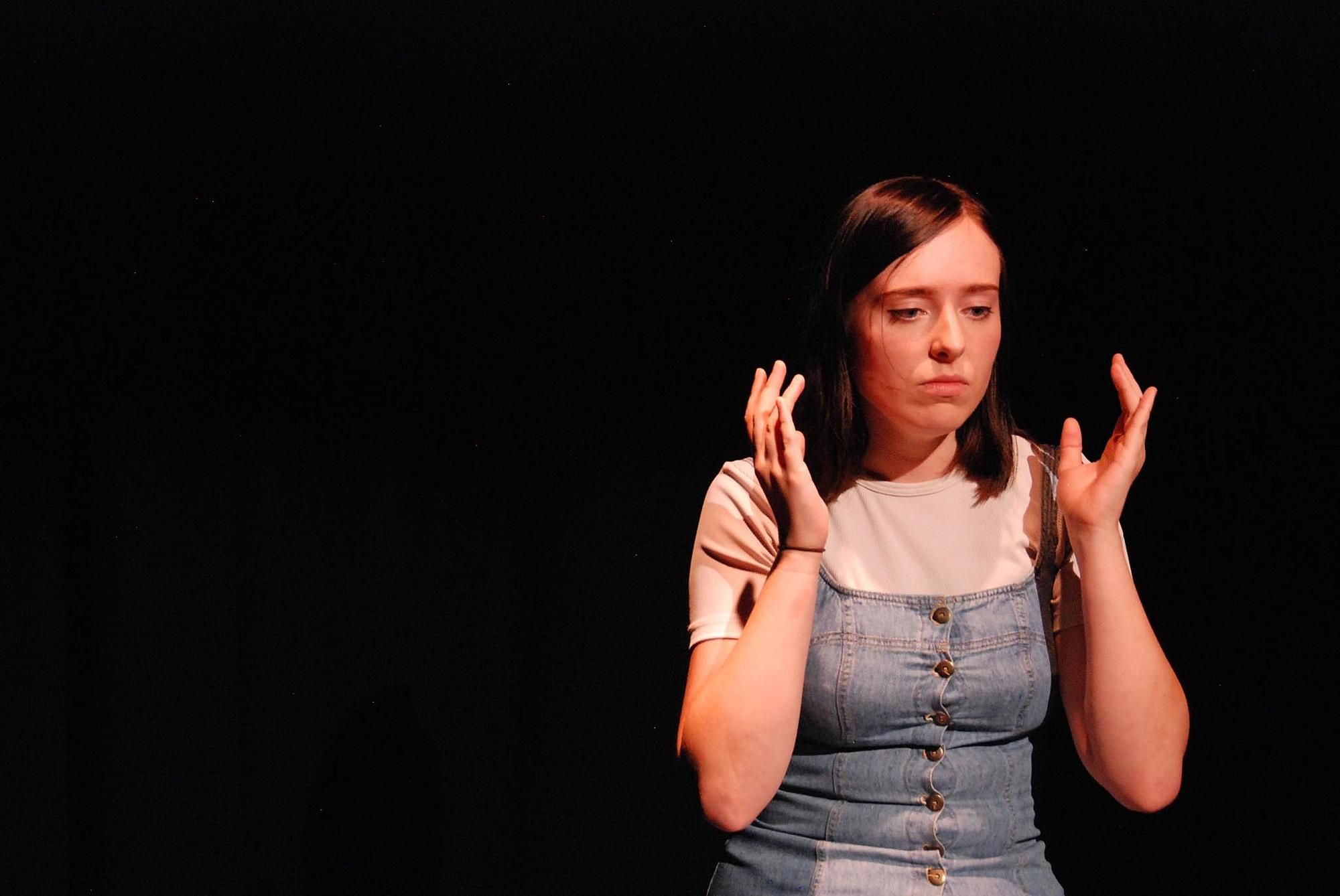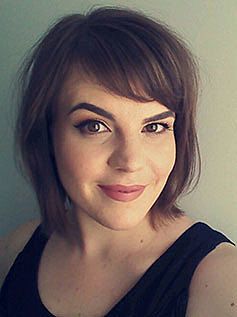Mixed Confessionals: A Review of The First Time
The First Time is a production of a new script by emerging playwright Courtney Rose Brown which won Highly Commended in Playmarket's Playwrights b425 Competition last year.
The First Time is a production of a new script by emerging playwright Courtney Rose Brown which won Highly Commended in Playmarket's Playwrights b425 Competition last year. In this first production, Hannah Banks discovers a play still requiring some working through the creases but full of potential.
The First Time by Courtney Rose Brown is all about people experiencing a dramatic change in their life for the first time. At the opening of the play, five women enter. They are awkward and real; there’s no theatrical magic here. As they make their way to their seats they acknowledge us, interacting with the audience and ushers like they were expecting to find us here. They sit, a spotlight hits the centre chair, the naturalism ends and the monologues begin. The audience becomes the silent but listening counsellor for each character as they tell us their life story, and the issues they're currently facing in their late teens and early twenties. While at first there appears to be five separate characters and storylines, soon these begin to merge and the characters interact with one another.
If it sounds familiar, that’s because it is. There have been other performances using this same format in recent memory. Last Meals by Keeley Meechan in the 2016 New Zealand Fringe Festival had nine women tell their story while they sat on death row, and Tiny Deaths by Uther Dean in 2015 had eleven monologues from women describing different aspects of love. While The First Time may not be a wholly original concept, it aims for and achieves a diverse and nuanced representation of characters who are sometimes marginalised, as well as including discussions of mental illness, self-doubt, relationship boundaries and sexual assault. The production team want to develop the conversation around these issues and remove any stigma that society might feel. To do this, they use the female gaze, and this is my favourite thing about this production. The writer and director of the TV show Transparent, Jill Soloway, defines the female gaze:
…the female gaze is not a camera trick, it is a privilege generator. It’s storytelling to get you on somebody’s side. It says, you will be on my side, my camera, my script, my words. I want people to see the female gaze as a conscious effort to create empathy as a political tool. It is a wresting away of the point of view, of changing the way the world feels for women when they move their bodies through the world… feeling themselves as the subject.
It’s so refreshing to see women represented on stage in this way and while this play would benefit from further development, I admire what it’s aiming to do.
The strength of this script proves that Courtney Rose Brown is a promising new playwright to watch. The First Time won ‘Highly Commended’ in Playmarket’s Playwrights b425 Competition in 2016 and it’s easy to see why. Brown’s writing is insightful, fresh and charming. The structure of the play, which breaks each monologue into fragments as opposed to sequential chunks, keeps the audience engaged and interested for the entire performance. Each character is distinctly created with a lot of care and Brown has ensured that they have such individuality that at times the characters feel like they could be autobiographical to each performer. Brown is easily adapting her own voice into all five characters, an impressive skill for an emerging playwright. While some of the storylines do become heavy in tone, Brown’s script finds the comedy to balance it out and ensure that it never becomes too emotionally self-indulgent. The script also plays with some duologue scenes between characters, but I think there needs to be more of these to make this feel like a natural progression in form rather than an odd break in style.
This balance of comedy and drama is greatly supported by the direction. Emerging director Neenah Dekkers-Reihana meets the challenge of keeping five monologues engaging for an audience by eliciting truthful performances, and never letting the production become too static. The lighting design and operation by Michael Trigg also contains enough shifts and subtle changes in mood to keep us interested.
At times in the show, during one character’s monologue the ensemble might play mentioned characters in the background: “cool” girls standing on the street corner, or the cutest guy-in-a-toga who’s ever graced a Burger King bathroom. The directorial choice to include this non-naturalistic interaction was one of the most engaging aspects of the production. It lifts the action from talking heads to a cohesive ensemble. It’s entertaining and makes all the stories come alive. Unfortunately, these moments gradually fade away as the script begins to include duologue scenes. In one of these scenes two of the characters with an intertwined storyline leave the clearly defined space of their chairs, and come to the front of the stage to have a scene together. As most of the play is made up of monologues which are already abstract by nature, moments like these are stylistically confusing. As these duologues are preceded by Dekkers-Reihana’s direction of abstract images/interactions in the background, the realism and supposed 'believability' of the duologue scenes feels jarring, as if they’re from another production. While the duologue scenes may work on paper, it would have been interesting to have seen them developed in a way that built on the form and style that this production had already set up.
This production reclaims the body, evokes feelings of being rather than seeing, and above all makes sure that these women are the subject, never the object.
The production is held together by five outstanding performances. Each performer embodies their character with a fine attention to detail - they are raw and real in their portrayals of women that are often overlooked. Trae Te Wiki gives a nuanced performance as Mereana, the character who begins and ends the play. She provides an emotional arc for the work and it is refreshing to see depression portrayed with varying shades of light and dark. By contrast Iris Henderson’s Alana provides a lot of the comedy, peppering her dialogue with text speak and being so genuinely naïve about love and relationships that it makes the audience groan with recognition. Ingrid Saker brings a complexity to the incredibly ambitious student Jess. While Jess does makes some odd character choices, Saker’s performance transforms what could have been an out-of-character moment, into a realisation that not everyone is perfect and our flaws are what make us real. Elle is the leader of a “cool girl” crowd, and is played by the playwright Courtney Rose Brown. Elle is all sneer and apathy, and Brown pitches her perfectly to make the audience laugh and then feel as she deals with a sexual assault. Mereana’s sister Te Rina is played with snarling attitude by Cassandra Sutherland. Te Rina is so recognisable for anyone who has set foot in a high school recently, and the slow reveal of her doubt and sensitivity is immediately relatable for everyone who has ever wanted to be a part of the “cool” crowd.
The representation of these voices is the greatest achievement of this production. While it may not be particularly original in form, and some moments are jarring or earnest which weakens some of the important messages around mental health and sexual assault, the refreshing writing and strong performances all operate within the female gaze. These characters are never objectified or sexualised. This production reclaims the body, evokes feelings of being rather than seeing, and above all makes sure that these women are the subject, never the object. And that is worth celebrating.
The First Time runs at BATS Theatre until Saturday 25 March.
Tickets available here.
